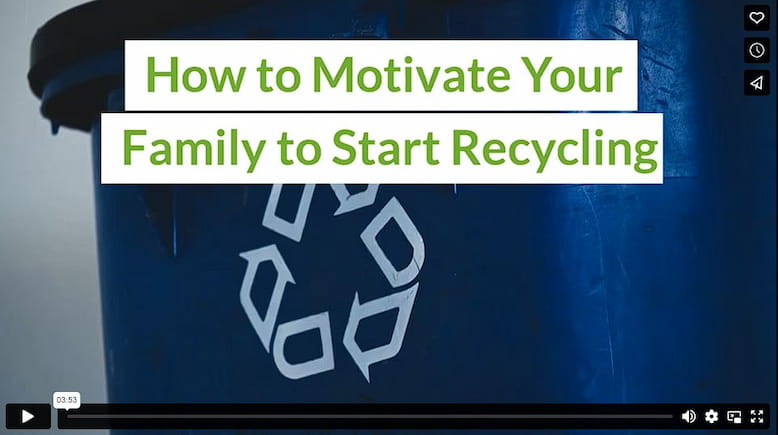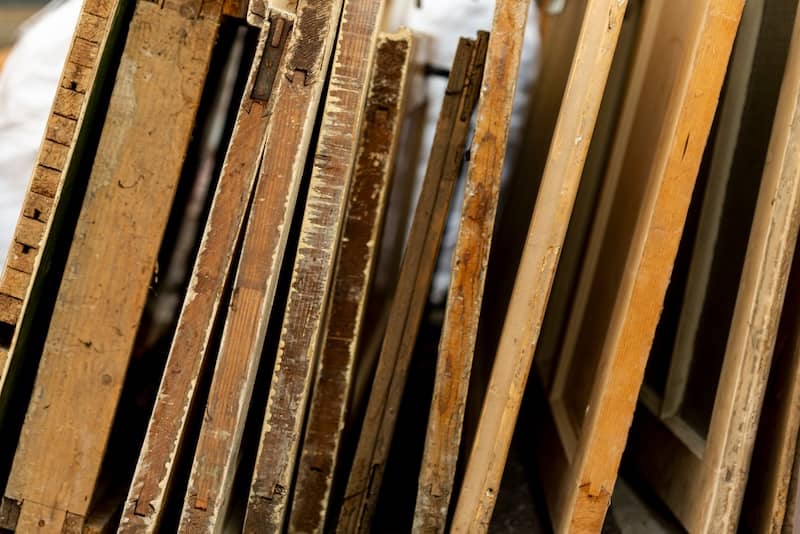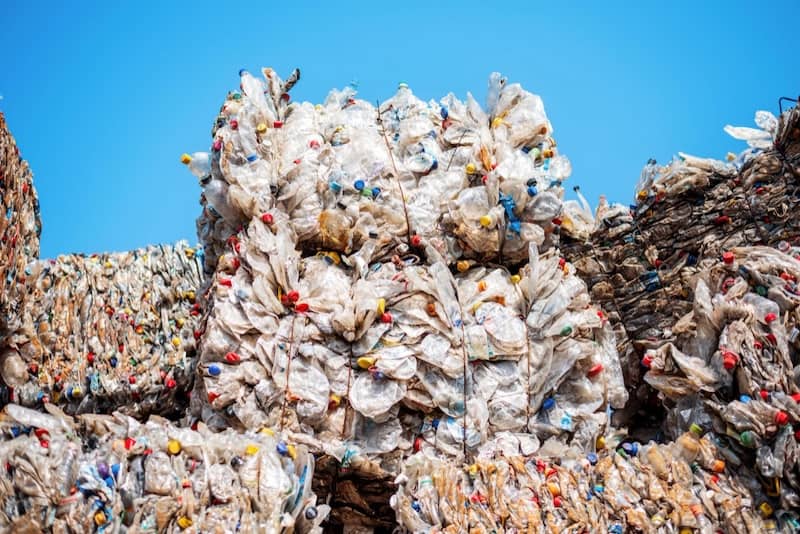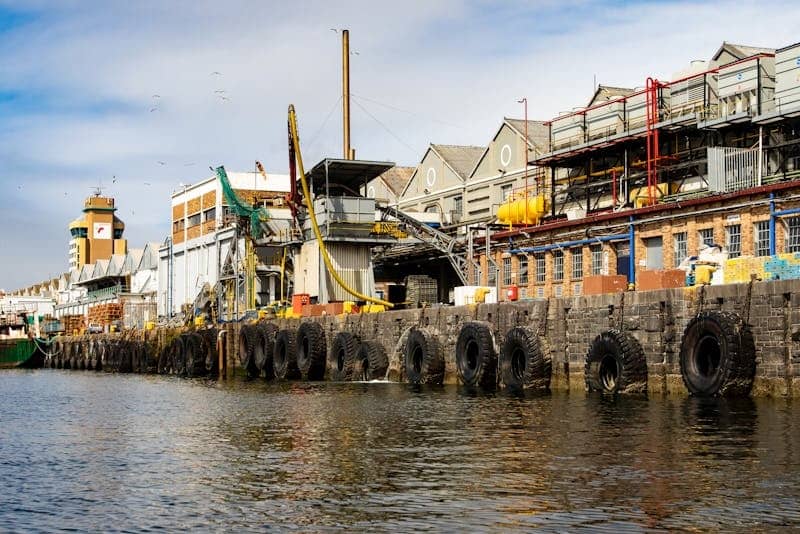When it comes to recycling, it can feel like a daunting task to get your entire family on board. Everyone can have their own ideas and motivations when it comes to recycling and environmental protection. Getting the whole family to understand the importance of recycling can be a challenge. Here are some tips on how to motivate your whole family to get into the recycling habit.
The Old-School Uncle
You may have old-school relatives who have been throwing things in the trash their entire lives. These family members can be slow to embrace change, especially when the positive impact of recycling isn’t clear. Be careful not to be overly critical of their current habits. Telling them they’ve been doing it wrong their whole life won’t make them feel good about themselves or motivate them to change their ways.
One way to get them on board is to share a personal anecdote. For example, talk to your skeptical uncle who loves soccer about how recycled tires are used in artificial turf. Or, if he prefers cars, share with him how NASCAR responsibly disposes of the massive amount of tires used on race day. Making a personal connection between the positive efforts of tire recycling plants and their favorite hobbies can be convincing.
The Rushed Parents
Parents can often be too busy with their day-to-day lives to stop and think about recycling. Whether it’s running errands or taking care of the kids, parents’ schedules are often filled with activities that leave little time for environmental awareness. The key is to make recycling as easy as possible. Try some of the following:
- Make the recycling can big enough to fit even large plastic containers.
- Label recycling containers clearly and with examples of commonly recycled items.
- Offer to take the recycling bin out for curbside pickup.
- Use reusable bags and water bottles. Having less recycling makes it easier to recycle what you do have.
The Chaotic Kids
Kids are always on the move and may not be motivated to learn about recycling. One way to motivate them is to make it fun (and educational). Take them to a recycling plant and explain how the recycling process works, or show them an example of how recycled materials can be used to make new products.
Kids love to have fun, so make recycling a game for them. For instance, you can make a chart to track their progress and reward them with a small prize when they reach a milestone. Once they see it as a game or competition, they will likely become the best recyclers in your family.
The Rebellious Teenagers
Teenagers can be difficult to motivate when it comes to recycling. They may be more focused on their own challenges and may consider recycling an irksome chore. To motivate them, you can show them how their recycling habits can make a difference. You can also explain to them the economic benefits of recycling and how it can help create jobs. Use this opportunity to teach them about the importance of being a responsible citizen.
Most young people are up-to-date on environmental issues. They want to live in a clean world and understand that how they act now can have big consequences down the road. Recycling is a logical and actionable first step to becoming a sustainable consumer.
The Forgetful Grandparents
Grandparents can sometimes forget to recycle, so it’s important to remind them. You can also help them by showing them how to properly sort items. Make a chart they can follow. Show them commonly misplaced items like plastic wrap and pizza boxes.Although these might seem recyclable, usually they are not. The Environmental Protection Agency (EPA) reports that only 34.7% of all plastic waste is recycled. By sorting items correctly, grandparents can help increase this number.
The Whole Family
Once you’ve motivated each individual family member, you can start to get the whole family involved in the recycling process. Rather than taking only the kids, consider taking them all to the recycling center together. You can also have family meetings to discuss ideas on how to reduce waste and make the home more eco-friendly.
Getting everyone in the family to recycle can be a challenge, but it’s worth it. According to the EPA, recycling one ton of paper can save 17 trees, 7,000 gallons of water, and enough energy to power an average American home for six months. It’s important to remind each family member of these benefits and how their small actions can make a big difference.
Video
Infographics
This infographic explores customized strategies to transform each family member’s recycling habits, from sharing inspirational stories with elders to making recycling fun for kids. It explains how tailored communication and collective efforts can build shared responsibility, strengthen family bonds, empower generations to protect the planet, and allow families to embrace recycling by tapping their diverse motivations.






